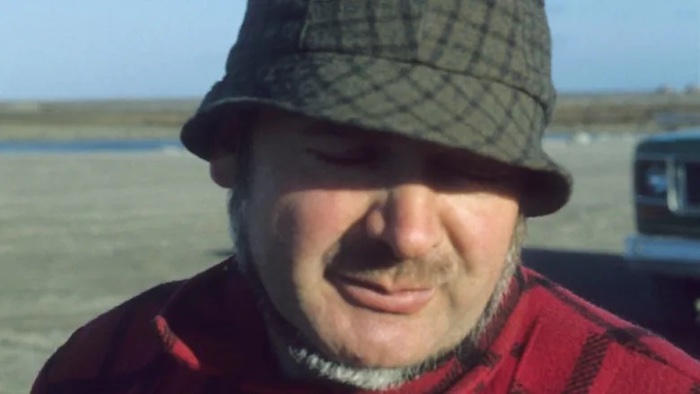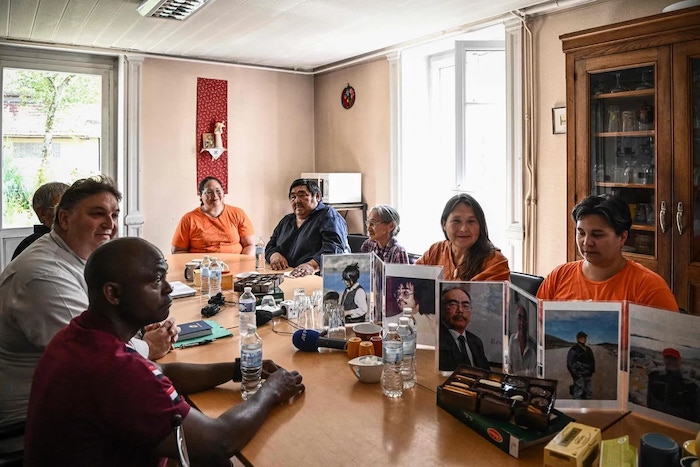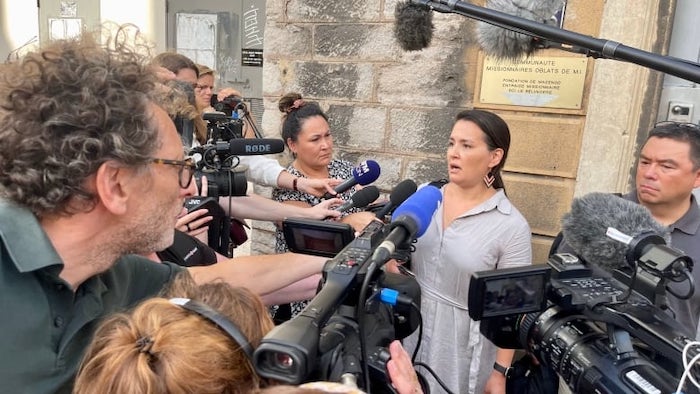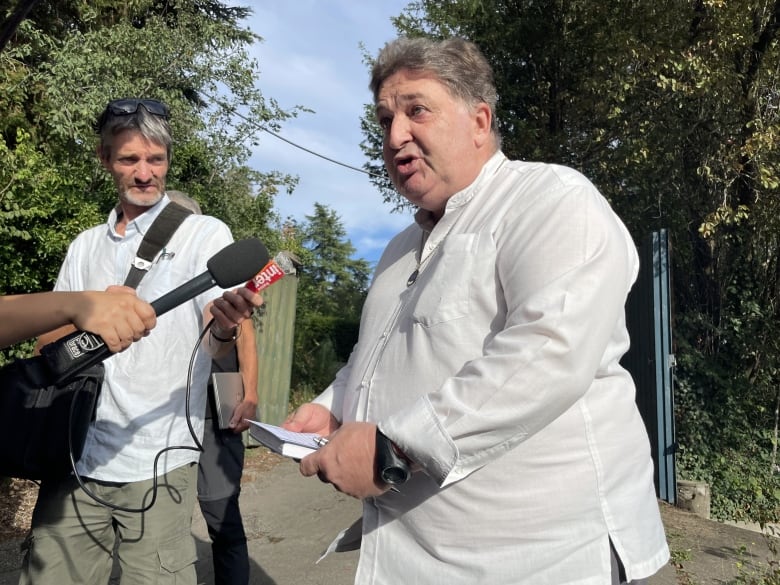— Survivors question why Oblates of Mary Immaculate isn’t identifying the overseer
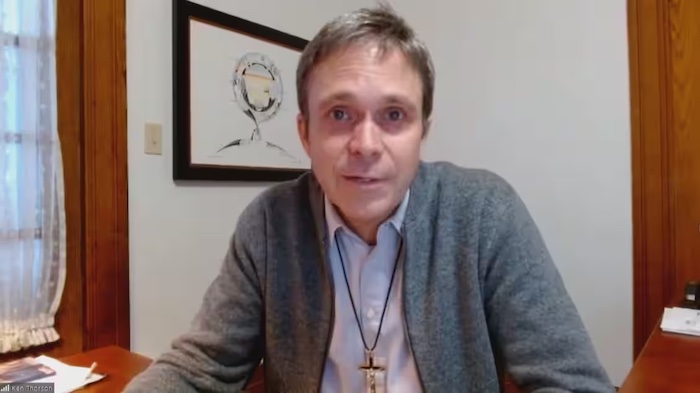
By Ben Andrews
The Oblates of Mary Immaculate, a Catholic order that operated 48 of Canada’s residential schools, has hired an independent third party to oversee efforts to ensure members who have committed sex crimes do not reoffend.
Some sexual assault survivors have praised the hiring as a positive development — but have also criticized the Oblate’s decision to withhold the monitor’s name.
Tony Charlie, who was sexually assaulted by an Oblate brother during his time at Kuper Island Residential School starting in the mid-1960s, said the hiring of an independent monitor is “a good step.”
He also said it’s impossible to confirm that the monitor is truly independent if the Oblates are unwilling to release the hire’s name.
“We have no clue who this person is,” he said. “It’s very important that these abusers be accountable and visible and probably monitored closely.”

The Oblates hired the monitor in December 2022 and expect he will begin monthly meetings later this month.
The monitor will meet with Oblates who are convicted sex offenders — men who abused children in residential schools, northern Indigenous communities and various parishes across the country.
A CBC investigation in June 2022 confirmed that at least nine such offenders had taken refuge at the Springhurst retirement residence in Ottawa after being released from prison.
“Our concern is to ensure good oversight, appropriate external oversight,” said Ken Thorson, provincial leader of the Oblates.
“[We] want to find the person who we felt was going to provide us with the accountability that we need to ensure that we’re doing what we’re meant to do.”
The monitor will be reporting to a misconduct advisory team that may advise changes to an offending Oblate’s safety plan, if deemed necessary.
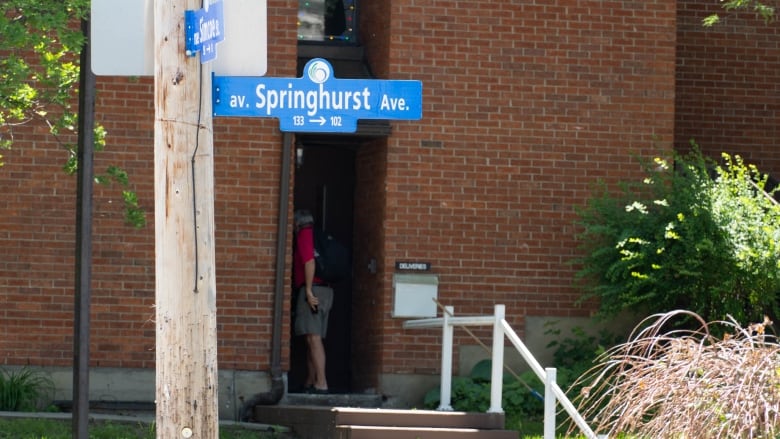
Monitor ‘has no connections’ to Oblates: Thorson
When asked why the Oblates aren’t identifying the monitor, Thorson instead described the monitor’s work history, which includes investigating workplace harassment and abuse in organizations ranging from large corporations to social services agencies and Indigenous communities.
Thorson said the monitor “has no connections” to the Oblates, but he refused to identify the person.
“For the sake of the work, for the sake of the people that he’s working with, we’ve chosen at this time not to release the name,” Thorson said.
He added that the Oblates “might be willing” to consider sharing the name of the third party monitor with some survivors to assure them the hire is indeed independent.
Other survivors who spoke to CBC also said they’d like the name to be released.
Leona Huggins, a founding member of Advocates for Clergy Trauma Survivors in Canada, was sexually assaulted by an Oblate priest in the 1970s.

Huggins said she is aware of other instances where the Catholic Church has assured people it is making an “arm’s length” hire, but the person has turned out to have close connections to the church.
“Without knowing the name of the person, it’s hard to trust that they can be fully independent,” she said.
Zach Hiner, executive director of the Survivors Network of those Abused by Priests, said survivors of clergy abuse are often promised action, only to be disappointed by a lack of follow-through.
“Survivors who were abused by someone in the Oblates would probably be looking at this with a little bit of hope and a lot of skepticism,” he said.
Thorson said he is “always willing” to be in touch with survivors and has listened to their stories in the past.
“People have suffered — children and vulnerable people have suffered at the hands of Oblates,” he said. “Making amends for the sins of our community is the most important work that I do.”
But for Charlie, those efforts have fallen short.
“Not one of them has stepped forward to help us heal. None of them have checked up on us,” Charlie said. “I really don’t have faith in them right now.”
Complete Article ↪HERE↩!

